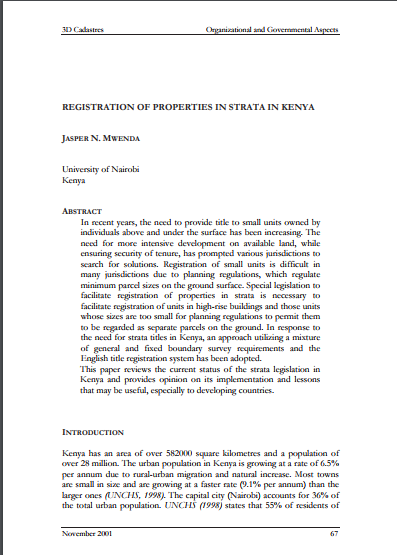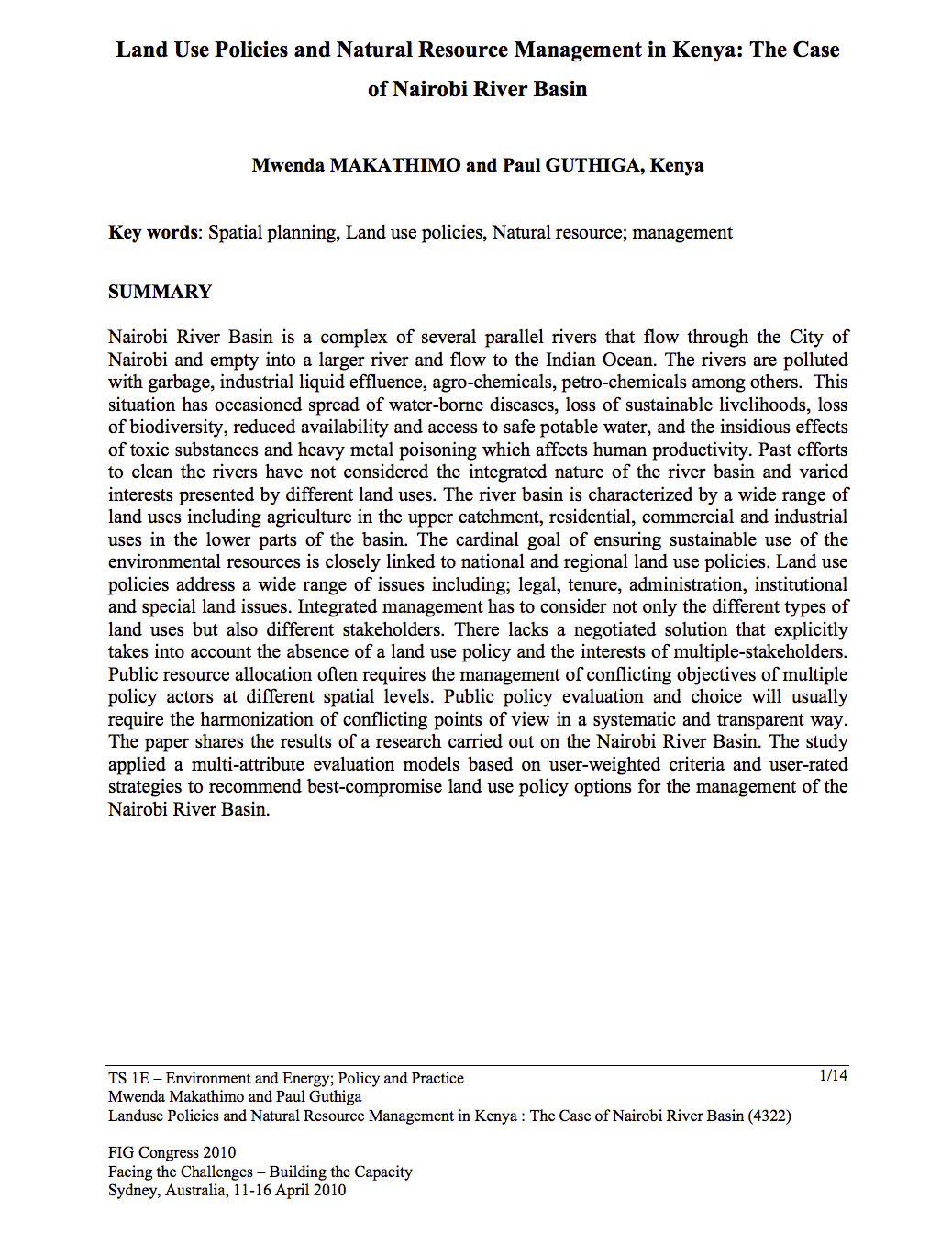Focal point
Location
FIG is the premier international organization representing the interests of surveyors worldwide. It is a federation of the national member associations and covers the whole range of professional fields within the global surveying community. It provides an international forum for discussion and development aiming to promote professional practice and standards.
FIG was founded in 1878 in Paris and was known as the Fédération Internationale des Géomètres. This has become anglicized to the International Federation of Surveyors. It is a UN-recognized non-government organization (NGO), representing more than 120 countries throughout the world, and its aim is to ensure that the disciplines of surveying and all who practise them meet the needs of the markets and communities that they serve.
The FIG vision
A modern and sustainable surveying profession in support of society, environment and economy by providing innovative, reliable and best practice solutions to our rapidly changing and complex world, acting with integrity and confidence about the usefulness of surveying, and translating these words into action.
The role of FIG
FIG’s activities are governed by a work plan, which is approved by the General Assembly and reviewed by Council as its tenure progresses. The current work plan with the motto “Ensuring the Rapid Response to Change Ensuring the Surveyor of Tomorrow” guides Council, Commissions, Networks and Task Force in their activities.
FIG supports the role of a prosperous and sustainable profession of surveyors to provide solution functionality, reliably, affordably for a complex and rapidly changing world that cannot wait, and to translate a sustainable development agenda into action. FIG supports international collaboration among its members for the progress of surveying in all its fields and applications. FIG has a close cooperation with United Nations relevant bodies, World Bank, and its sister associations and has been globally recognized as the leading international non-governmental organization on geospatial information and the management of “land”, the “sea” and the “built” environment. It is within the surveyors’ task to determine the size and shape of the earth, to map its surface and to manage it in a sustainable way.
Resources
Displaying 46 - 49 of 49Land Administration Developments in Rwanda
The new Rwandan land policy consider appropriate land administration as a platform of land management and an ideal channel to provide security of livelhood to the people by securing land tenure system for their profit.
At present Rwanda carries out limited land registration on a centralised manual system on a demand led basis in rural and urban areas. Currently approximately 20,000 land applications are in process, mainly in urban areas.
Perspective of Land Reform in Rwanda
In Rwanda, land is one of the most important and fundamental natural resources. The land resource is the foundation of the national economy through agriculture which occupies more than 90% of Rwandan in rural area. However, problems related to land in Rwanda are varied. This paper summarizes the history of land tenure in Rwanda, the primary challenges in the land sector today, and recommends actions to further land reform.
REGISTRATION OF PROPERTIES IN STRATA IN KENYA
In recent years, the need to provide title to small units owned by individuals above and under the surface has been increasing. The need for more intensive development on available land, while ensuring security of tenure, has prompted various jurisdictions to search for solutions. Registration of small units is difficult in many jurisdictions due to planning regulations, which regulate minimum parcel sizes on the ground surface.
Cadastral Systems and their Impact on Land Administration in Kenya
The mandate of the Kenya Government in its objective to achieve sustainable development is to reduce poverty by half by 2015 and transform the country into a newly industrailized nation by the year 2020. This paper reviews the cadastral systems that have been formulated and implemented in Kenya ; the different concepts and techniques used in the preparation of cadastral survey plans and maps; and the impact of the cadastre as a source of spatial data in support of land administration processes.






